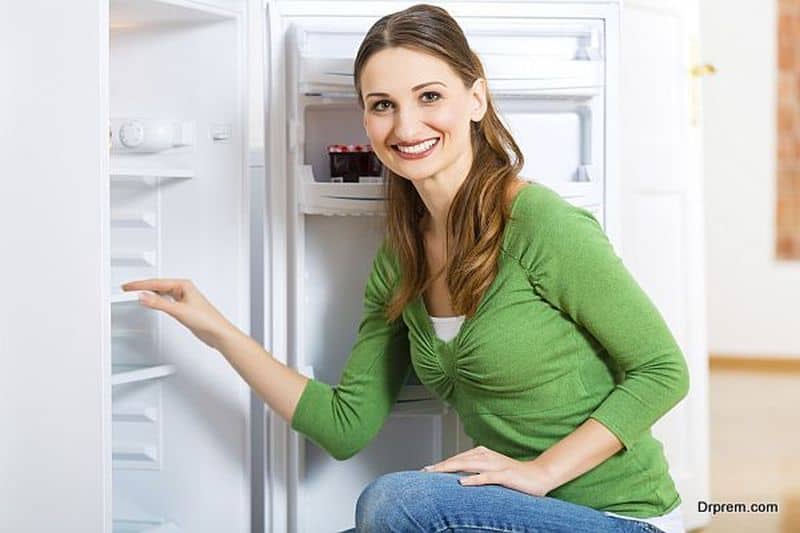In today’s times, it is of utmost importance that house owners start opting for green technology wherever they can. As the electrical units consume the majority of the energy, you must look into the energy efficient appliances of these household units if you are hell-bent on making sure you cut down on the excruciating utility bills that you pay at the end of every month. Many advertisers claim that their manufactured home appliances are more efficient than other similar appliances out there. This creates confusion in the minds of the consumers as most of them are misleading and tend to cross the fine line between the facts and fiction. Ideally, it should not be as difficult as it sounds if you know the correct method of determining which ones are actually green and which ones are not.
Here are a series of tips that can help you choose the right appliance and save you from the hassles of coping with the faulty ones.
- Stay on the lookout for Energy Star label:

It is highly recommended that you look for these labels on the appliance. The ones that bear these labels are not just meeting the bare minimum requirements of energy efficiency, but are also exceeding them.
- Read the energy guide label:
Just as bread has the nutritional information on the package, on similar lines, even the home appliances have a label containing specific information. You can even compare appliances of the similar type manufactured by different companies, head to head and judge based on the information given. It is just the matter of time, until you get the hang of it. It makes distinguishing the greener appliances much easier.
- Think in terms of the size of the appliances:

Make the most of your intuition when buying appliances. Most of us are used to visualizing a given appliance in a certain fashion. Let us consider the bigger and rather bulkier appliances. Majority of those are not efficient despite them being bigger in size. At times, appliances, which are smaller, are capable of producing similar outputs as the bigger ones. It is all about applying your common sense and understanding which one will best fit the bill.
- Minimum Energy performance standards:
This is nothing but the threshold of the minimum energy efficiency requirements that must be met for appliances such as fridges, water heaters, air conditioners, etc.
Why is it important to switch to green appliances?

As our utility bills are higher than ever, it is advisable that one seeks for options, the ones that can impact household spending in a positive manner. To do so, all one needs to do is, start looking out for items that require comparatively low energy. You will be surprised to see the difference in the consumption rates of a new refrigerator as compared to the one that dates back in the 90s.
Switching to green appliances can very well reduce the household’s carbon footprint. It is because most of the energy is generated from coal and fossil fuels, an excess of carbon dioxide is emitted in the process along with other poisonous gases causing pollution. It is estimated that every household, which switches to star rated appliances, reduces the country’s pollution, which is equivalent to the amount of pollution caused by a car in the time span of seven years.
In addition, an aging appliance requires frequent repairs. Purchasing green appliances one at a time can give you a smooth transition. This makes one’s monthly expenses more predictable. For instance, an average life of a dishwasher maybe around 12 years. As it approaches its final years, the rate of energy consumption starts varying dramatically. Making a wise decision of purchasing a new one will save you roughly around 10-15% of the usual utility bill value. Apart from reducing the bills, switching to the green appliance can also help in saving our nation’s water supplies. Appliances such as washing machines, dishwashers and even the flushing mechanism in toilets consume plenty of water on regular basis. It is important to ensure that there are no unwanted leaks and that all devices are checked on a regular basis.



